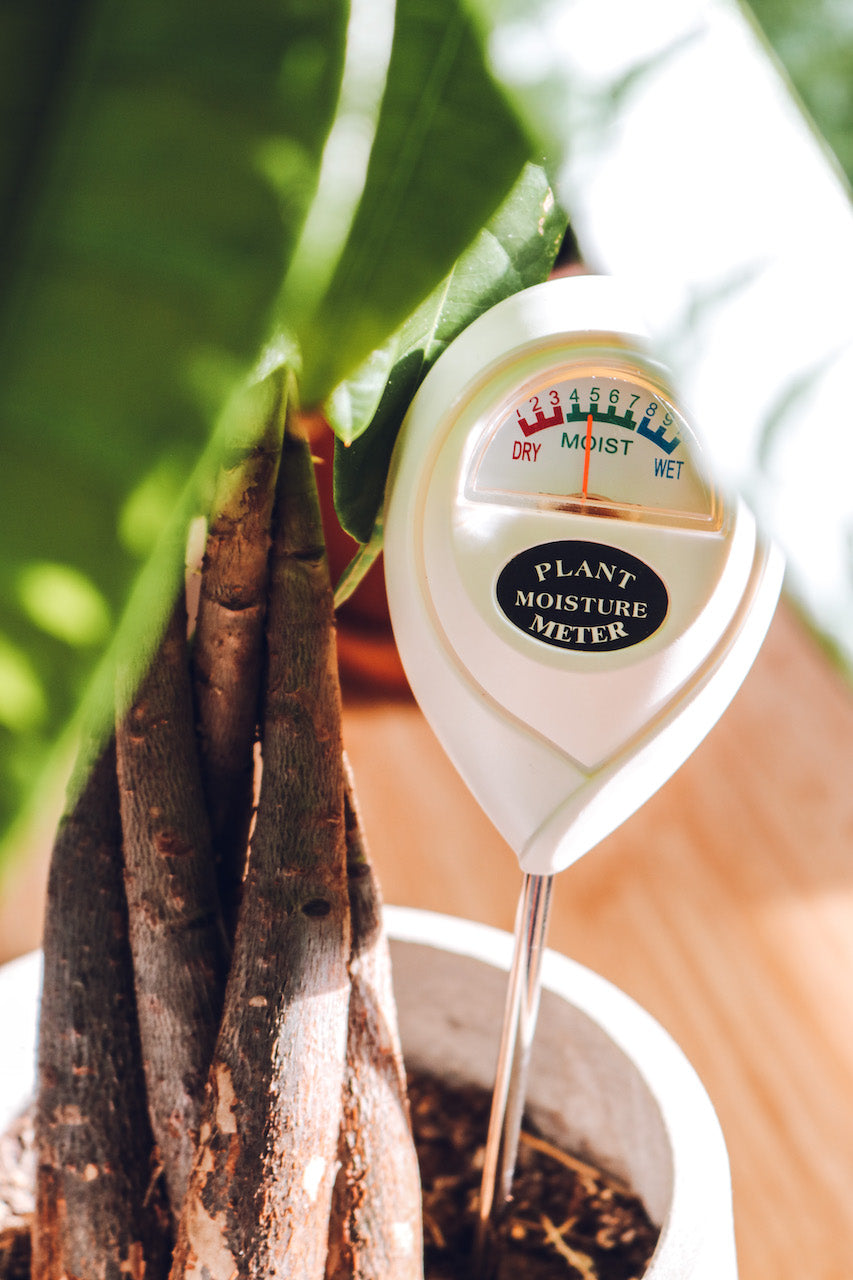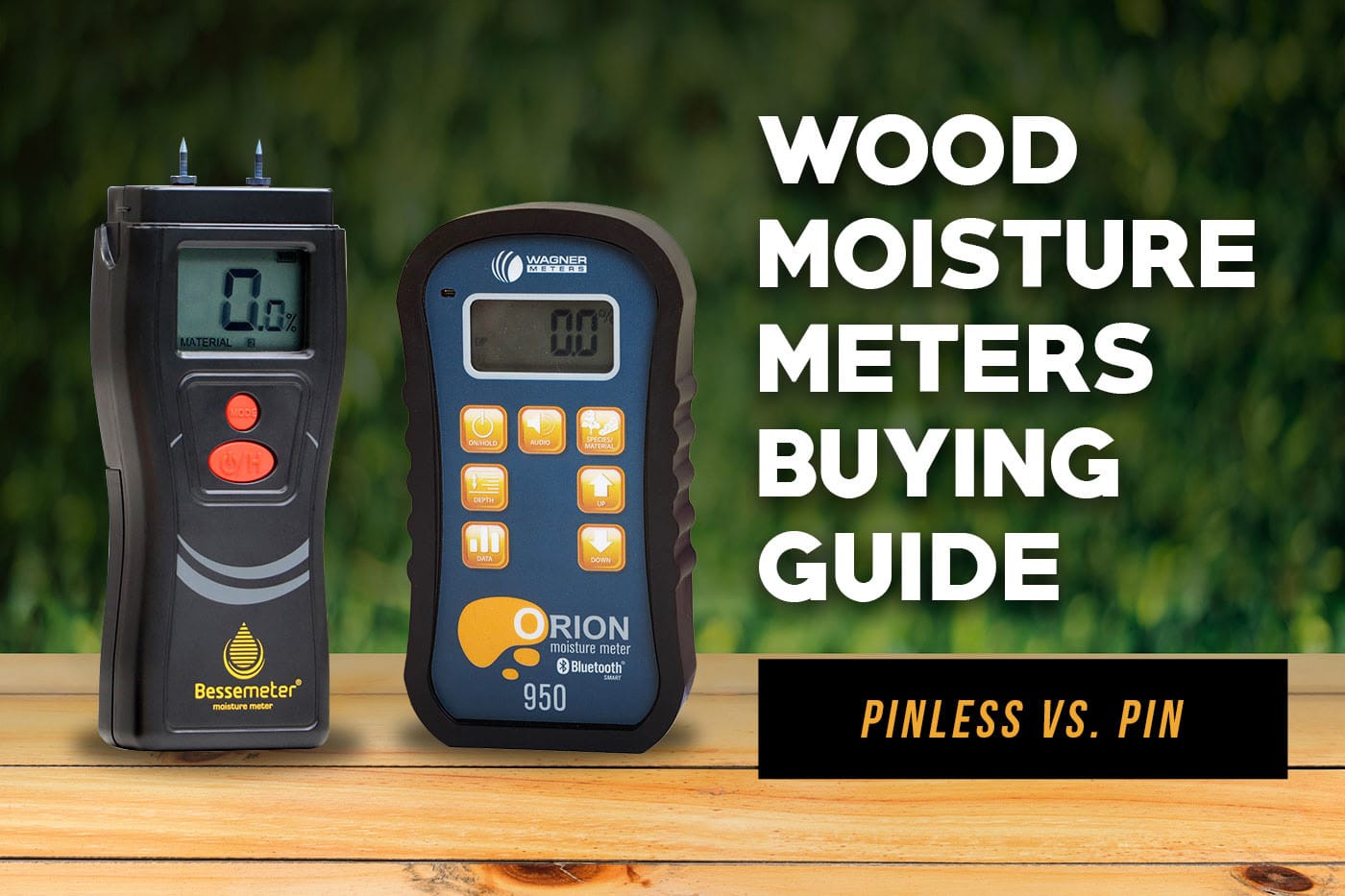Moisture Meter Acquiring Guide: What to Seek in High-Quality Instruments
Moisture Meter Acquiring Guide: What to Seek in High-Quality Instruments
Blog Article
The Ultimate Guide to Moisture Meters: A Comprehensive Introduction and Just How They Can Conserve You Money
In the world of building upkeep, building and construction, and different sectors, the value of accurately measuring dampness levels can not be overstated. Dampness meters work as indispensable tools in spotting and keeping an eye on moisture content in materials, assisting in protecting against pricey damages and making sure the quality of items. Comprehending the subtleties of different kinds of dampness meters, their applications, and the possible cost-saving benefits they use can be a game-changer for companies and experts alike. Finding exactly how these tools can not only streamline processes yet also contribute to economic cost savings is a trip worth starting.
Types of Moisture Meters
One common kind is the pin-type moisture meter, which gauges the electric resistance between two pins placed right into a product. Pinless wetness meters, on the various other hand, use electro-magnetic sensor plates to scan a larger area without causing damages to the material's surface area.
In addition, there are also specialized moisture meters developed for particular products like hay, soil, or grain. These meters provide exact moisture analyses tailored to the one-of-a-kind residential properties of the material being checked. Infrared dampness meters measure the thermal properties of a material to identify its wetness content non-invasively, making them beneficial for applications where pin or pinless meters might not be ideal. Understanding the various types of moisture meters available can aid markets choose one of the most appropriate device for their details dampness measurement requirements.

Advantages of Making Use Of Moisture Meters

Additionally, using dampness meters can bring about increased power efficiency. By identifying areas with high moisture degrees, such as leakages or bad insulation, modifications can be made to improve energy conservation and minimize utility expenses. In agricultural settings, dampness meters play a crucial duty in maximizing crop returns by allowing farmers to monitor soil wetness degrees and make informed irrigation decisions. In general, the benefits of utilizing wetness meters cover across different markets, giving economical solutions and advertising much better quality control techniques.
Just How to Pick the Right Moisture Meter
Choosing the ideal moisture meter includes taking into consideration key aspects such as material compatibility, measurement variety, and calibration accuracy. When choosing a moisture meter, it's necessary to make certain that the meter appropriates for the specific material you will be testing. Various materials have varying electric residential or commercial properties that can affect wetness analyses, so picking a meter made for important link your material is crucial for accurate outcomes. Furthermore, think about the dimension array of the wetness meter. Make certain that the meter can identify moisture levels within the range required for your applications. Calibration accuracy is an additional important variable to bear in mind (Moisture Meter). Opt for a moisture meter with reputable calibration to make sure constant and precise readings. Some meters may call for routine calibration modifications, so recognizing the calibration process is very important. By meticulously reviewing these factors, you can pick a dampness meter that fulfills your requirements and supplies exact dampness measurements for your tasks.
Proper Strategies for Moisture Meter Use
To ensure accurate moisture readings and optimize the performance of a wetness meter, employing correct methods is important. When making use of a pin-type wetness meter, place the pins or probes right into the material being evaluated up until they make complete contact. Guarantee the pins are vertical to the surface to obtain one of the most precise reading. For pinless moisture meters, hold the device flat versus the product and relocate gradually to cover the whole area for a typical reading. It's crucial to adjust the dampness meter according to the material being tested to boost precision. Take multiple analyses throughout the surface and average them out for an extra dependable outcome. Additionally, make sure that the material being tested is adjusted to the setting to protect against skewed analyses. Regular maintenance of the dampness meter, such as cleaning up the pins or sensing unit, is likewise crucial to ensure accurate and consistent analyses. By following these proper techniques, users can rely on their moisture meter to offer credible dampness degrees, assisting in protecting against pricey damage or making sure high quality in various applications.

Expense Financial Savings With Moisture Meter Applications
How can the strategic utilization of wetness meters lead to significant expense savings across numerous sectors? In the farming sector, moisture meters help in identifying the optimal time for collecting plants, protecting against over-drying or excess dampness that can impact the last product's high quality.

Furthermore, in the food processing market, moisture meters are vital for checking product high quality and ensuring conformity with security laws. By accurately gauging wetness material in foodstuff, makers can avoid wasting, maintain freshness, and decrease waste, causing substantial expense savings. In general, the tactical application of dampness meters is a useful investment that can result in significant price decreases and enhanced performance across numerous markets.
Verdict
In final thought, wetness meters are important devices for gauging and identifying dampness levels in various materials. By utilizing the best moisture meter and following proper strategies, users can effectively avoid costly damages triggered by excess moisture.
Moisture meters offer as important devices in identifying and checking moisture web content in materials, helping in avoiding expensive damages and ensuring the high quality of products. Infrared dampness meters gauge the thermal homes of a product to identify its moisture web content non-invasively, making them beneficial for applications where pin or pinless meters may not be appropriate.Moisture meters provide invaluable advantages in accurately analyzing and keeping an eye on dampness levels in diverse products and settings. In agricultural settings, wetness meters play a critical role in enhancing plant this post returns by making it possible for farmers to monitor dirt moisture levels and make informed irrigation choices.In conclusion, moisture meters are beneficial devices for detecting and gauging moisture levels in various products.
Report this page